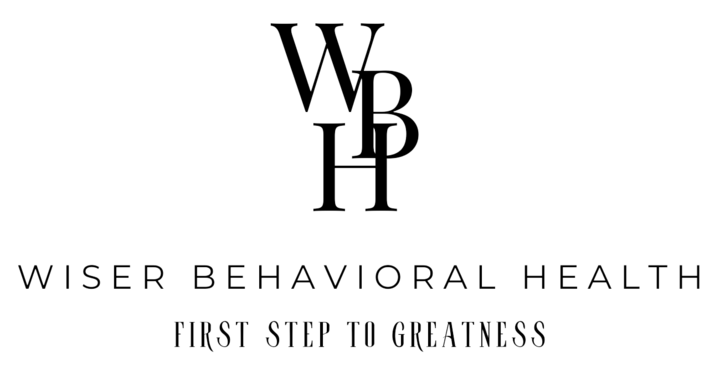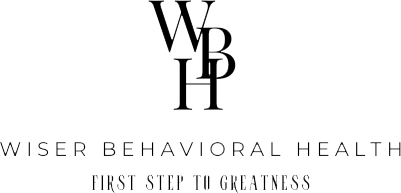
What is Family Support?
Family support plays a vital role in the recovery process for individuals overcoming addiction, mental health disorders, or physical injury. It involves the active participation of family members to provide emotional, practical, and psychological assistance throughout recovery. In recovery, the presence and involvement of family can significantly improve outcomes, promoting healing and stability. Family support in treatment creates a network of encouragement and understanding, fostering an environment conducive to long-term success.

Family Support in Treatment: How Does It Work?
Family support in recovery involves various forms of engagement, such as attending therapy sessions, participating in educational programs, or simply offering emotional support. Family members are often invited to join counseling sessions where they can learn about the recovery process, gain coping skills, and understand their loved one’s challenges. The involvement helps address any relational issues, strengthens communication, and reduces the likelihood of relapse by creating a supportive home environment.
The process usually begins with family members being educated about the individual’s condition and recovery journey. This can include learning about addiction, mental health struggles, or physical limitations. As recovery progresses, family members may also learn about strategies to support their loved one’s journey, including how to maintain boundaries, offer encouragement, and reduce enabling behaviors.
The process usually begins with family members being educated about the individual’s condition and recovery journey. This can include learning about addiction, mental health struggles, or physical limitations. As recovery progresses, family members may also learn about strategies to support their loved one’s journey, including how to maintain boundaries, offer encouragement, and reduce enabling behaviors.
The process usually begins with family members being educated about the individual’s condition and recovery journey. This can include learning about addiction, mental health struggles, or physical limitations. As recovery progresses, family members may also learn about strategies to support their loved one’s journey, including how to maintain boundaries, offer encouragement, and reduce enabling behaviors.
Core Components of Family Support in Recovery
Education and Awareness
Family support begins with education. Understanding the nature of the addiction, mental health issue, or injury helps family members offer more meaningful support. They learn how to recognize triggers, manage their responses, and understand the recovery stages.
Communication Skills
Recovery provides opportunities for family members to develop better communication skills. Family therapy often includes role-playing exercises, conflict resolution strategies, and techniques for active listening. Improved communication helps reduce misunderstandings and fosters a more supportive atmosphere.
Boundaries and Healthy Relationships
One key component of family support is setting healthy boundaries. Family members learn how to offer assistance without enabling destructive behaviors, ensuring they don’t undermine the recovery process. This creates an environment of respect and accountability, which is crucial for the individual’s success.
Participating in Family Therapy
Family therapy allows all members of the family to work through their issues together in a safe and structured environment. It can address unresolved conflicts, improve relationships, and provide mutual support. This therapeutic setting encourages family members to express their feelings, heal from past trauma, and build stronger bonds.
Emotional and Practical Support
Family members provide emotional support by offering love, encouragement, and validation during recovery. Practical support might involve helping with daily tasks or attending meetings together, which can provide structure and reassurance.
Benefits of Family Support in Recovery
- Increased Motivation and Commitment: Having a solid support network can motivate the individual to remain committed to their treatment plan and recovery goals.
- Reduced Risk of Relapse: Family involvement helps minimize triggers and offers a safety net that can prevent relapse.
- Enhanced Communication and Relationships: Family members develop healthier communication patterns, resolving long-standing conflicts and fostering deeper emotional connections.
- A Healthier Home Environment: When family members are actively involved, it creates a home environment that is more conducive to recovery and stability.


Is Family Support Right for You?
Family support in treatment is crucial for anyone in the process, especially if there are family dynamics that need attention. If you or a loved one is dealing with addiction, mental health struggles, or the aftermath of physical injury, involving family in the process can make a significant difference. Families who are open to learning and supporting their loved one’s recovery are better equipped to handle the challenges that arise.
Get Started with Family Support in Treatment Today
Embarking on a recovery journey doesn’t have to be done alone. Whether you’re the individual seeking recovery or a family member hoping to support someone you love, integrating family support into the recovery process can create lasting positive change. Our recovery programs offer family support services that teach valuable coping skills, improve relationships, and ensure everyone involved is equipped with the tools needed for success. Reach out today to learn more about our family-focused recovery programs and begin creating a stronger, healthier future together. We’re here to help guide you every step of the way.


